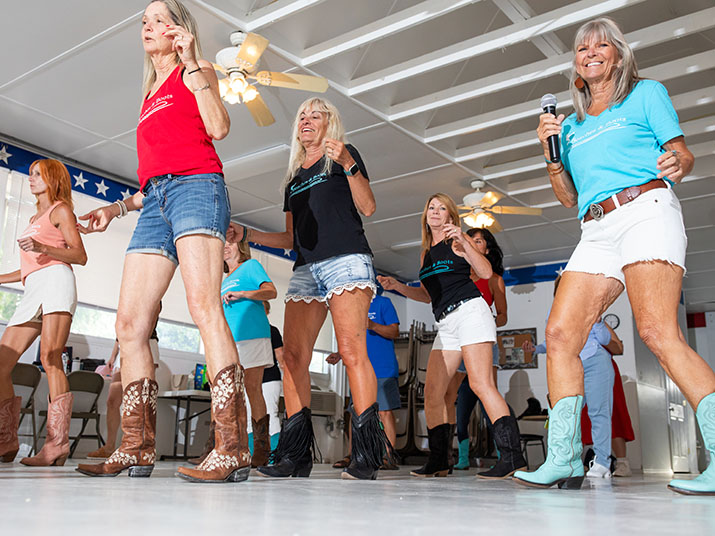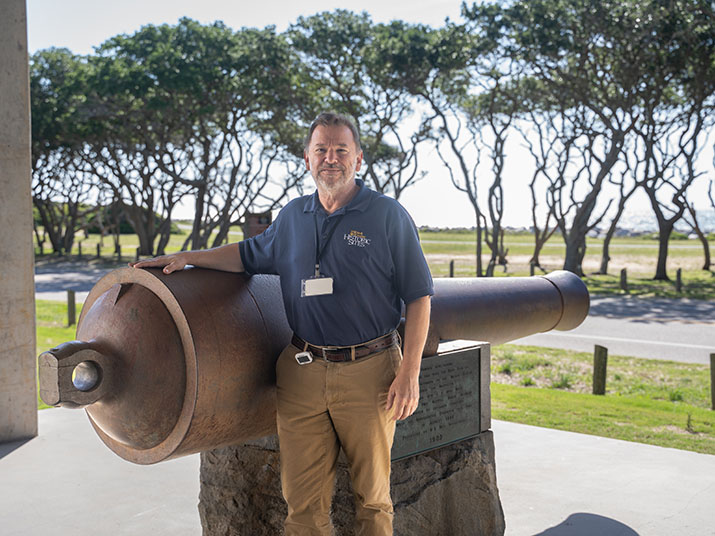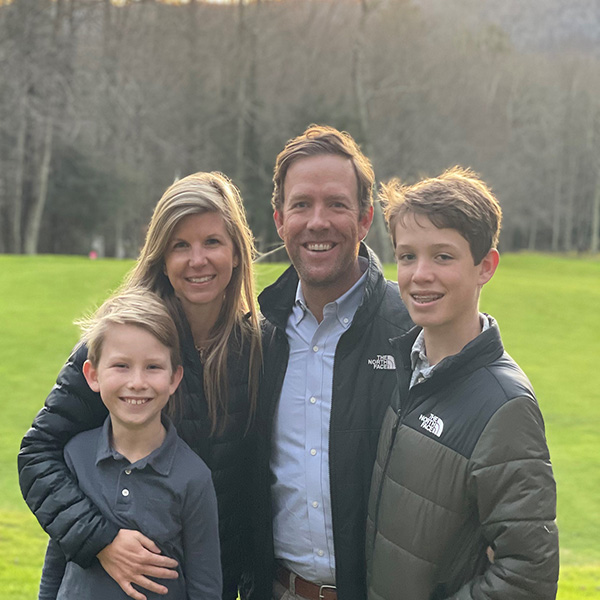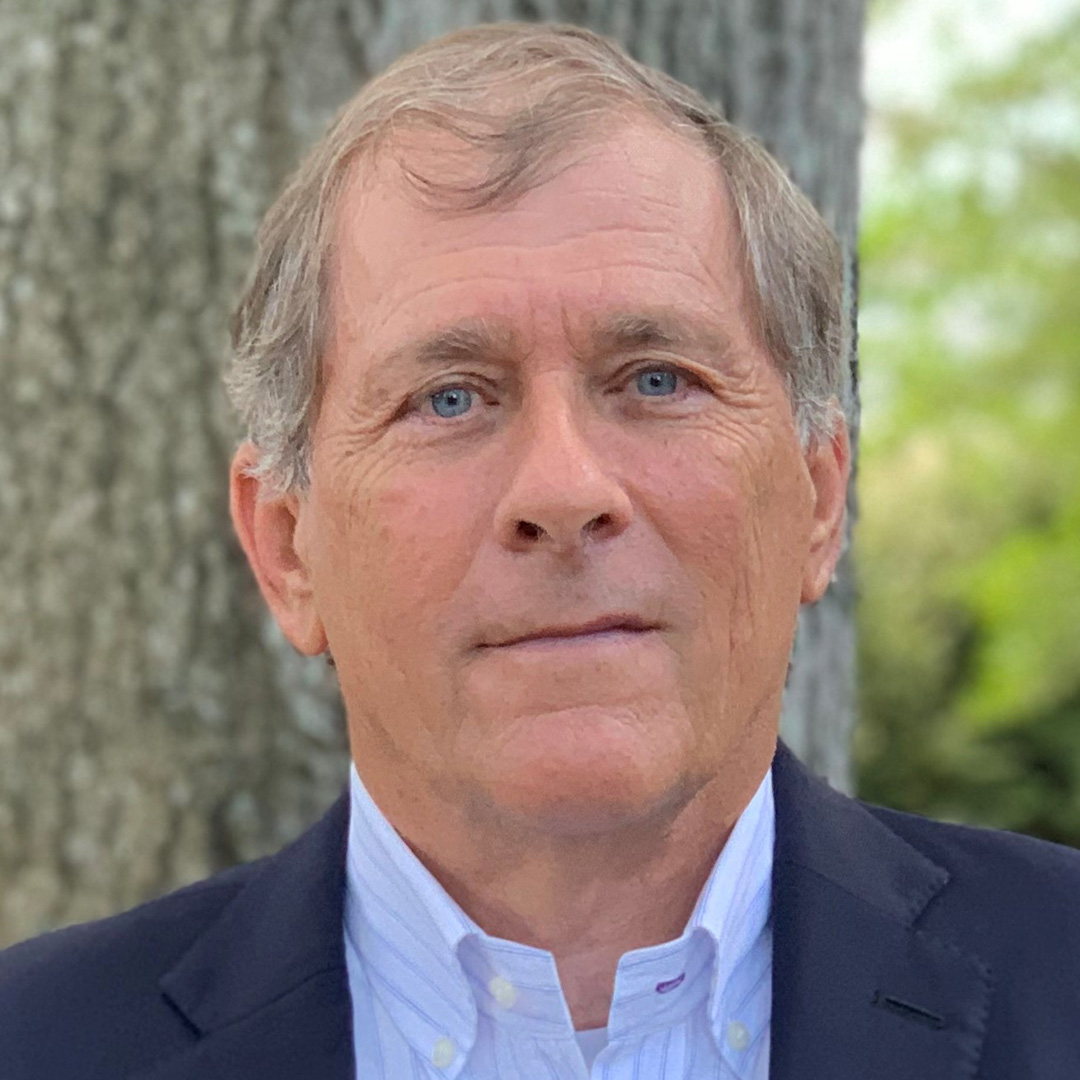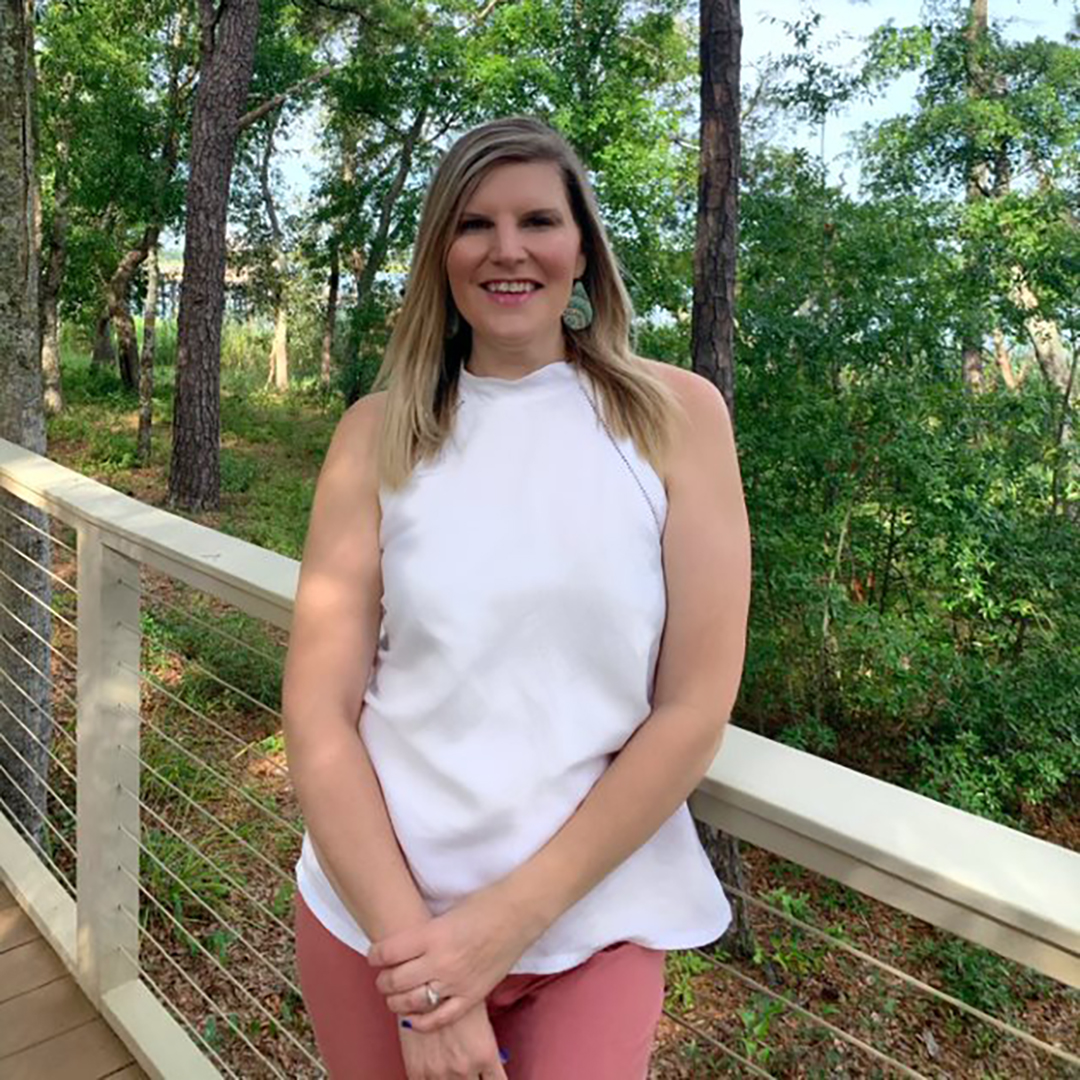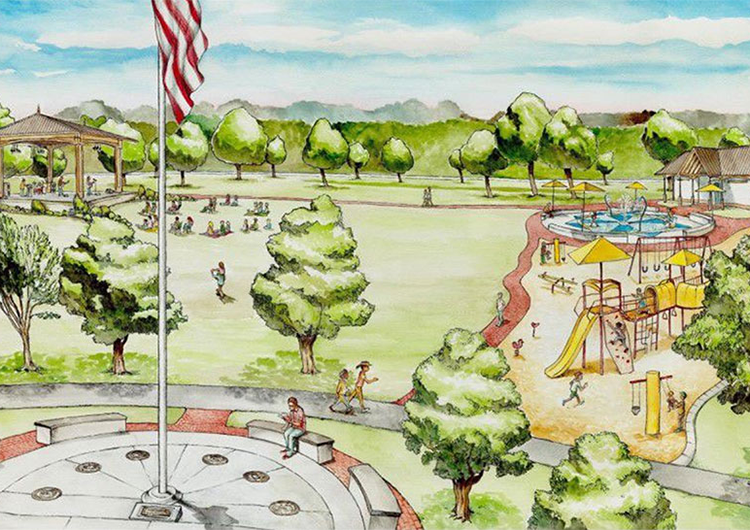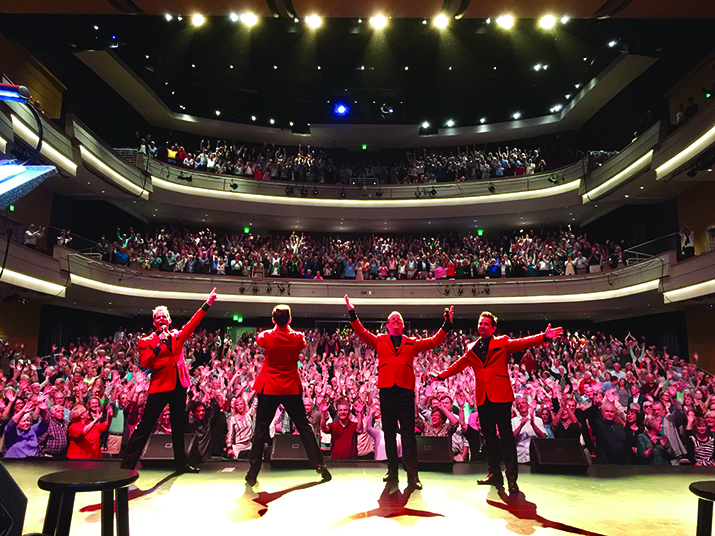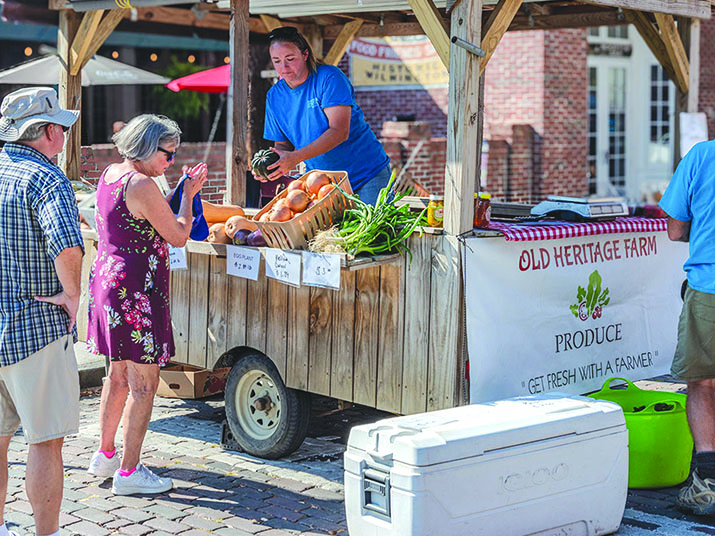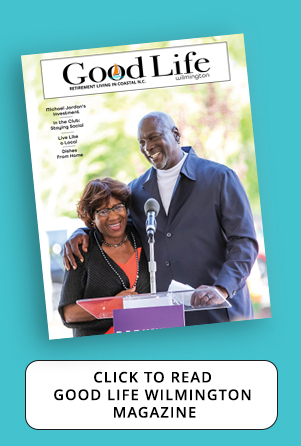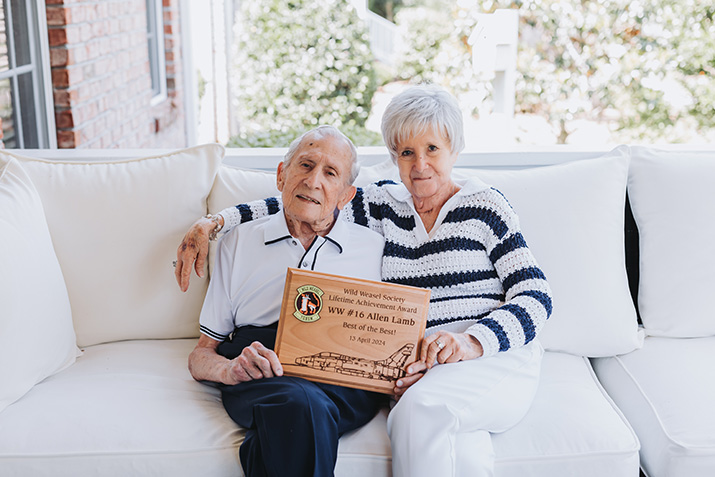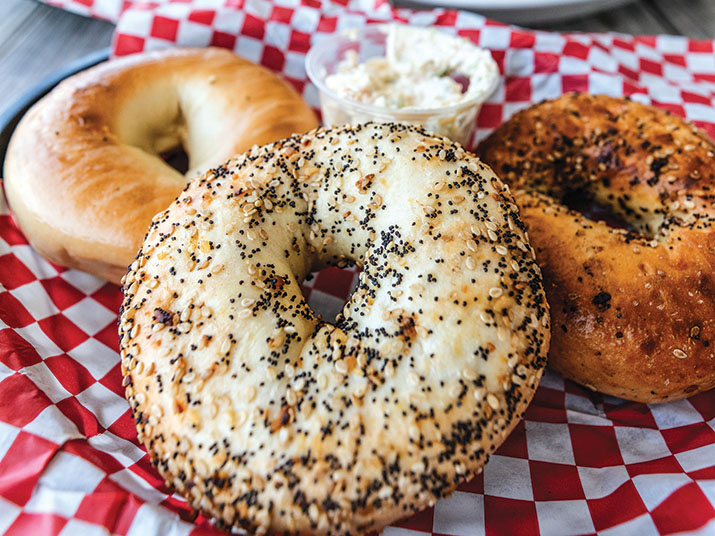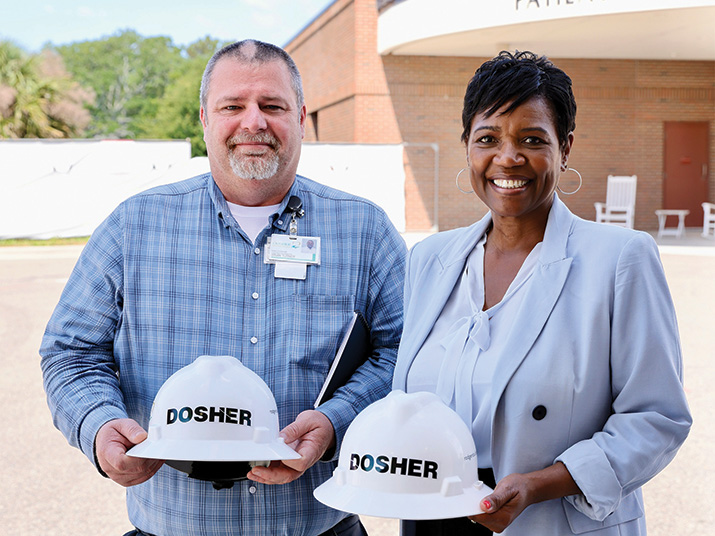Muni course on par with founding vision
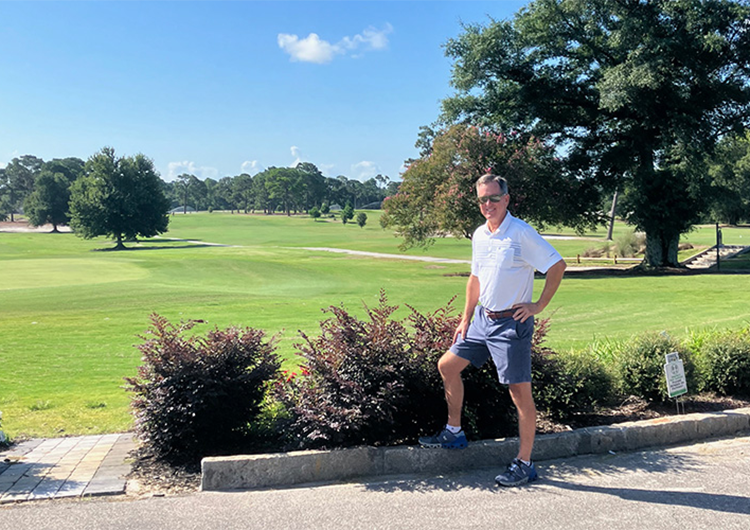
David Donovan, manager and PGA pro at the Wilmington Municipal Golf Course, said the course is one of the top 25 munis in the country. (Photo by Jenny Callison)
Nearly a century after it was developed, Wilmington Municipal Golf Course continues to lure golfers of all ages to its links, an 18-hole championship course whose landscape is dotted with clusters of pine trees. Thanks to good management and not a small measure of good luck, the Muni remains popular even as other public, private and semi-private courses in the area offer alternatives.
“Ours is among the top 25 munis in the country, up there with the munis in Charleston, South Carolina, and Mooresville, near Charlotte,” said manager and PGA pro David Donovan.
That hasn’t always been true. When Donovan arrived in 2007, the condition of the course, designed in 1925 by Donald Ross, had declined. Player numbers were down, Donovan said, as nearby courses beckoned.
“Our clientele was of modest means,” he said. “It was cheap to play here. We decided it was time to upgrade. The Muni advisory board helped me convince the city it was time to do that.”
But first the financing had to be right. The Wilmington Muni is set up as an enterprise fund, its operations supported entirely from its revenues, with no tax dollars involved. Fortunately, the fund was healthy.
“All of the $1.5 million of the renovation cost was covered by the fund balance except for $130,000, which we borrowed from the city and paid back,” Donovan said.
Noted golf course architect John Fought, whose Pine Needles course in Pinehurst has hosted the Women’s U.S. Open Tournament several times, was tapped to lead the project. Minnesota-based Duininck Golf was chosen to do the work.
It was important to Donovan, his team, the city and Fought that the renovation followed Ross’ plan and routing. Ross, a professional golfer, turned his talents to designing courses and, in the first half of the 20th century, left his distinctive mark on dozens of them across the United States and Canada.
While Ross’ Wilmington Muni design won raves when it was unveiled, the course was never built to his specifications, Donovan explained.
“When I got here, all these greens were tiny little circles with strange little mounds around them,” he said. “This course was built with sand greens; the sand was packed down. There was originally no irrigation. That was added later.”
So, the goal of the 2015 renovation was to upgrade the course to what officials considered would be Donald Ross’ standards. That included redoing the greens. While the original sand had been replaced with grass sometime in the 1940s, their contours were not up to par. And the greens were small.
“A major feature of Fought’s plans are the restoration of the course’s greens to sizes more in keeping with Ross’ original design,” stated a 2014 story in Golf Course Architecture magazine. “Currently, the average green size is approximately 2,540 sq ft, in contrast to the 5,500 sq ft average green size of Ross’ original design. Fought’s work will bring the average up to approximately 5,730 sq ft.”
Donovan said he was impressed not only with Fought’s vision and leadership but also with the project execution by Duininck.
“The guy on the tractor was an artist, the way he pushed dirt around,” Donovan said. “He used a GPS to get the grades right. He was both artistic and technical. The Duininck crew worked six days a week, sunup to sundown. We closed on May 7 and reopened October 2.”
Halfway into the project, Fought spoke to the Wilmington StarNews about it.
“We’re achieving the goals I set out – to get the Donald Ross feel back to this place. And we’ve got it,” the architect said. “I never get tired of seeing stuff like this. Ever.”
To maintain the Muni’s greatly improved course conditions, Donovan brought in a new superintendent, Matt Smith, from Farmstead Golf Links near Calabash. He also made sure Smith had funding for the chemicals and fertilizer required.
“Matt has taken the course agronomy to a much higher level,” Donovan said.
Less than three years after the renovation was complete, Hurricane Florence tore through the links landscape. The Muni lost about 85 trees and closed for a month.
Despite the occasional burst of nature’s fury, the Muni held its own and continued to be a favorite of many local golfers; even some who belong to private clubs liked to play in the Muni’s annual tournaments.
Then came what could be considered a seismic change in the world of golf: the COVID pandemic. With most sports off limits and many forms of socializing taboo, golf was still possible when managed properly.
“We were full all day; we never closed,” Donovan recalled. “Initially, we increased the time between tee times to keep players spaced out. COVID brought back people who used to play golf, plus new people and our core players. People were working from home, so they had more flexibility.”
The pandemic is over, but players’ enthusiasm is not, according to Donovan. “There are a lot more younger women playing, and more people in the 20-to-35 age group playing. In the morning, it’s older men. The players get younger as the day goes on. We have an afternoon ‘Happy Hour Nine’ nine-hole play with two beers which attracts a lot of younger players.”
There’s even a younger cohort in training: A portion of the Muni property has been allocated to First Tee-Greater Wilmington, which provides educational programs for youngsters through a golf lens. Their facility, completed in 2017, consists of a short 3-hole course and practice green.
More recently, Donovan oversaw the renovation of the Muni clubhouse, a project undertaken by Friends of Muni and completed in early 2022. Those improvements have reinforced the public course’s image as an attractive place to play.
“Our demographics have changed: You see high-end automobiles out there,” Donovan said, pointing to the parking lot. “But we still have people of modest means as well. All the good players from nearby private clubs [participate in] our two fundraisers every year.”
Perhaps the numbers tell the story best.
Before COVID hit, about 41,000 rounds were played at the Muni each year. In the fiscal year just concluded, there were 66,000. The Muni is attracting youngsters too: It offers a $100 pass for unlimited play during July and August.

